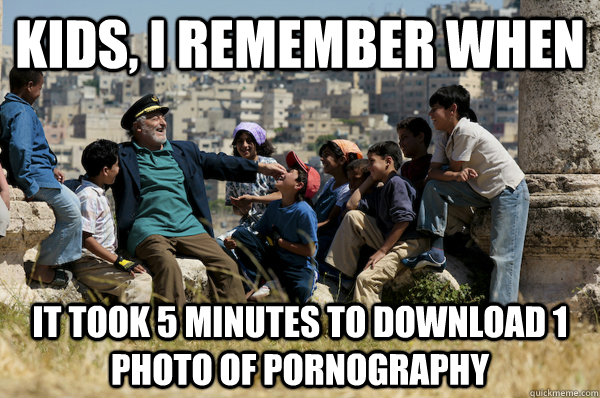The word skeptic is conditional, meaning that the existence of people who call themselves skeptics is dependent on the fact that most people are not skeptical. For example, there is a not a word for people who don't believe in Santa Clause or for non-astrologers. The label exists because there is a marked difference from the rest of the population - it indicates a subset. Just like the word atheist wouldn't exist if there weren't theists, skepticism is an outlook on the world built on the credulous shoulders of lay folk.
Now, it is worth clearing up the difference between a skeptic, a conspiracy theory, and an anti-realist, since these three are often mixed up. A skeptic is someone who values evidence, and considers it the primary basis for truth. A conspiracy theorist is someone who is paranoid and generally believes the government is covering up the truth of what's really going on. They usually talk of secret societies running the world, such as the free masons and the illuminati. They may believe that 9/11 was a conspiracy, that global warming is a conspiracy, or that Barack Obama's birth story is false. An anti-realist is someone who has such a high bar for "proof" and "truth" that essentially nothing could ever be true or real to them. This leads to a view known as solipsism, which essentially makes it impossible to have a conversation with such individuals.
Being a skeptic is seen as a negative thing to many people because it implies doubt, the opposite of belief, and belief is a thing that we like. We like it so much that we think people should just believe in things all the time for whatever reason they want. We say things like "faith is a virtue", which by definition is the belief in something without--or in spite of--evidence, often to the contrary. Being a skeptic means you take up this radical view of like, wanting proof and stuff. Aliens? Sure. Where's the proof, brah? Until then, take your cryptozoology and shove it.
"So, what do you believe in?"
I could get into an argument about how the word "belief" is misleading, but it's easier to say what I don't "believe" in. Here's a nice list.
Being a skeptic is seen as a negative thing to many people because it implies doubt, the opposite of belief, and belief is a thing that we like. We like it so much that we think people should just believe in things all the time for whatever reason they want. We say things like "faith is a virtue", which by definition is the belief in something without--or in spite of--evidence, often to the contrary. Being a skeptic means you take up this radical view of like, wanting proof and stuff. Aliens? Sure. Where's the proof, brah? Until then, take your cryptozoology and shove it.
"So, what do you believe in?"
I could get into an argument about how the word "belief" is misleading, but it's easier to say what I don't "believe" in. Here's a nice list.
So go on, continue to lament me for having a personal relationship with reality. The truth is you all value proof more than you think.
"Tell a devout Christian that his wife is cheating on him, or that frozen yogurt can make a man invisible, and he is likely to require as much evidence as anyone else, and to be persuaded only to the extent that you give it. Tell him that the book he keeps by his bed was written by an invisible deity who will punish him with fire for eternity if he fails to accept its every incredible claim about the universe, and he seems to require no evidence what so ever." - Sam Harris












